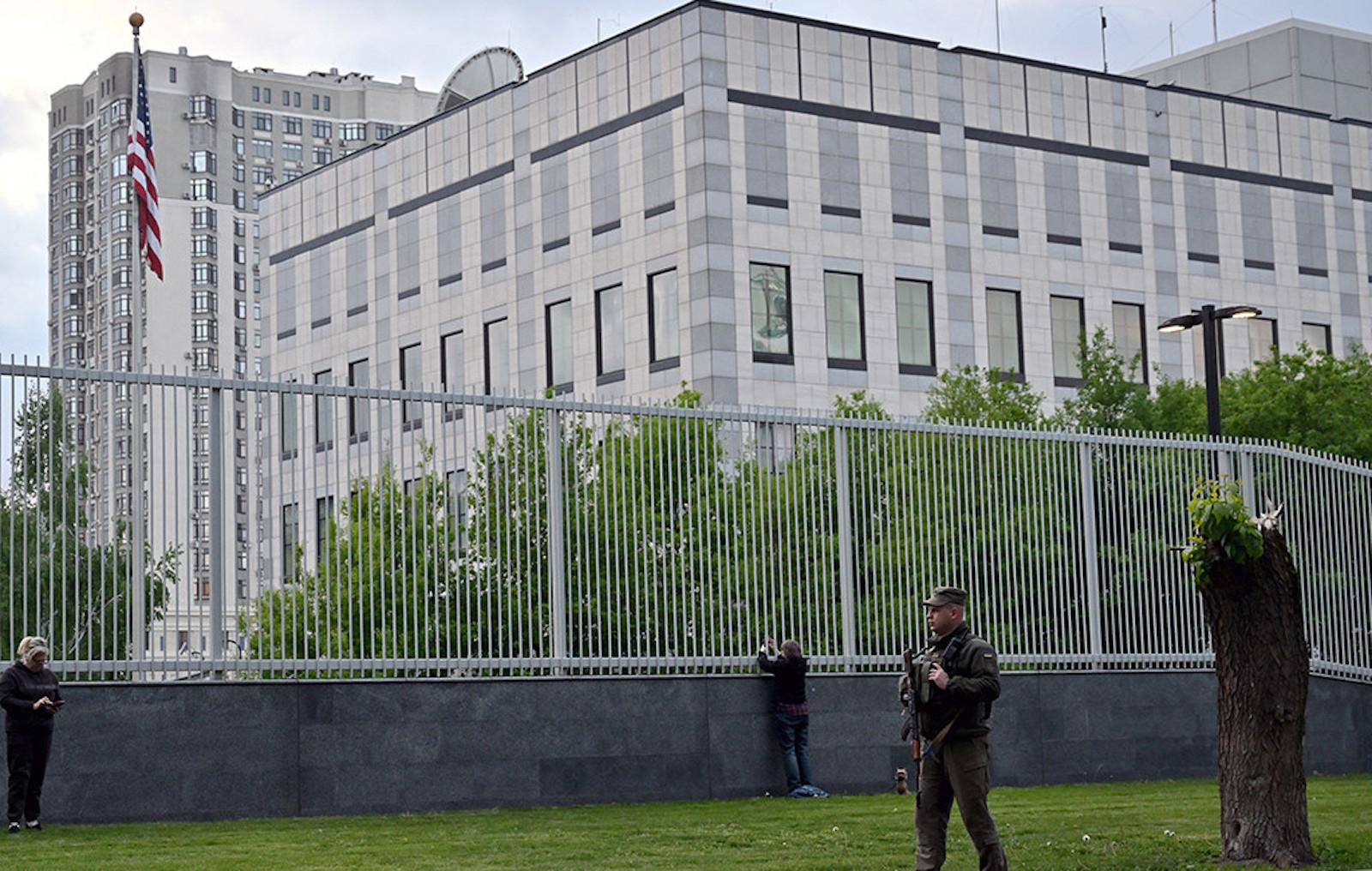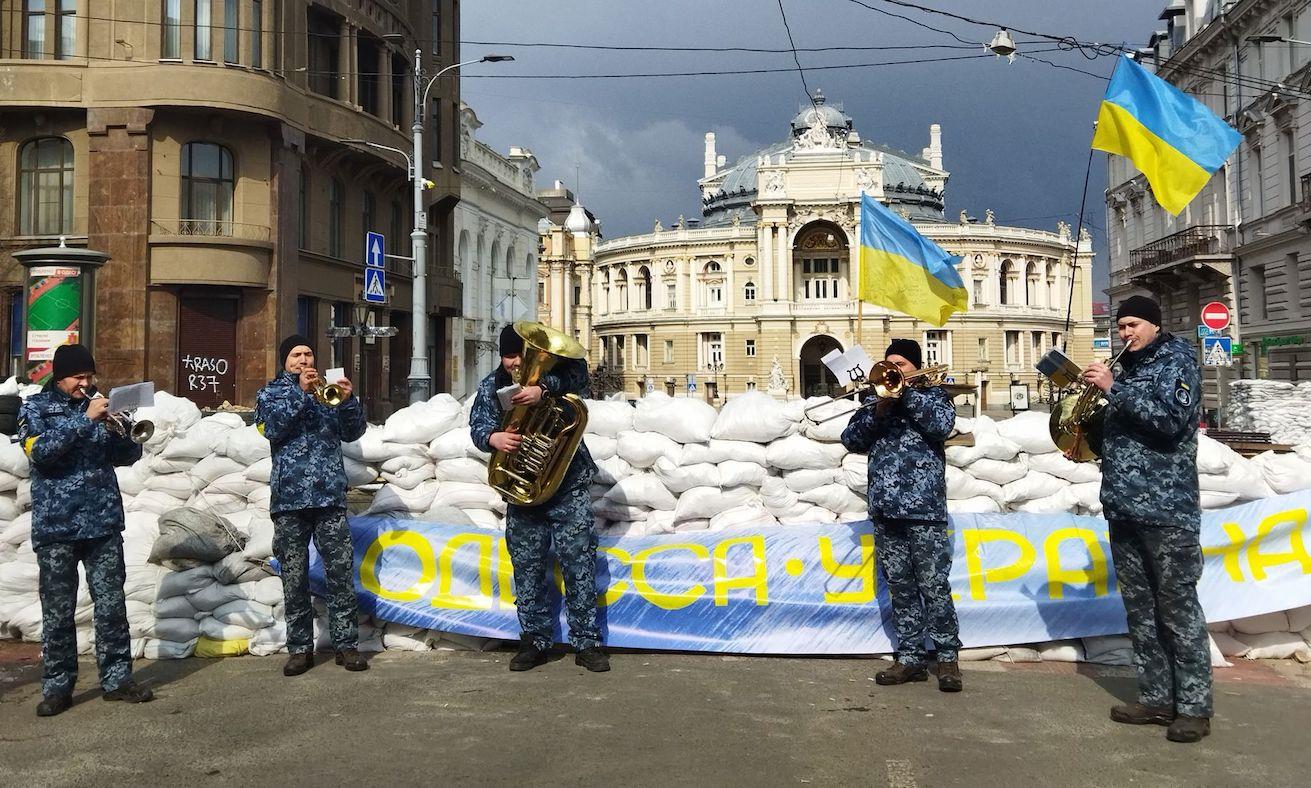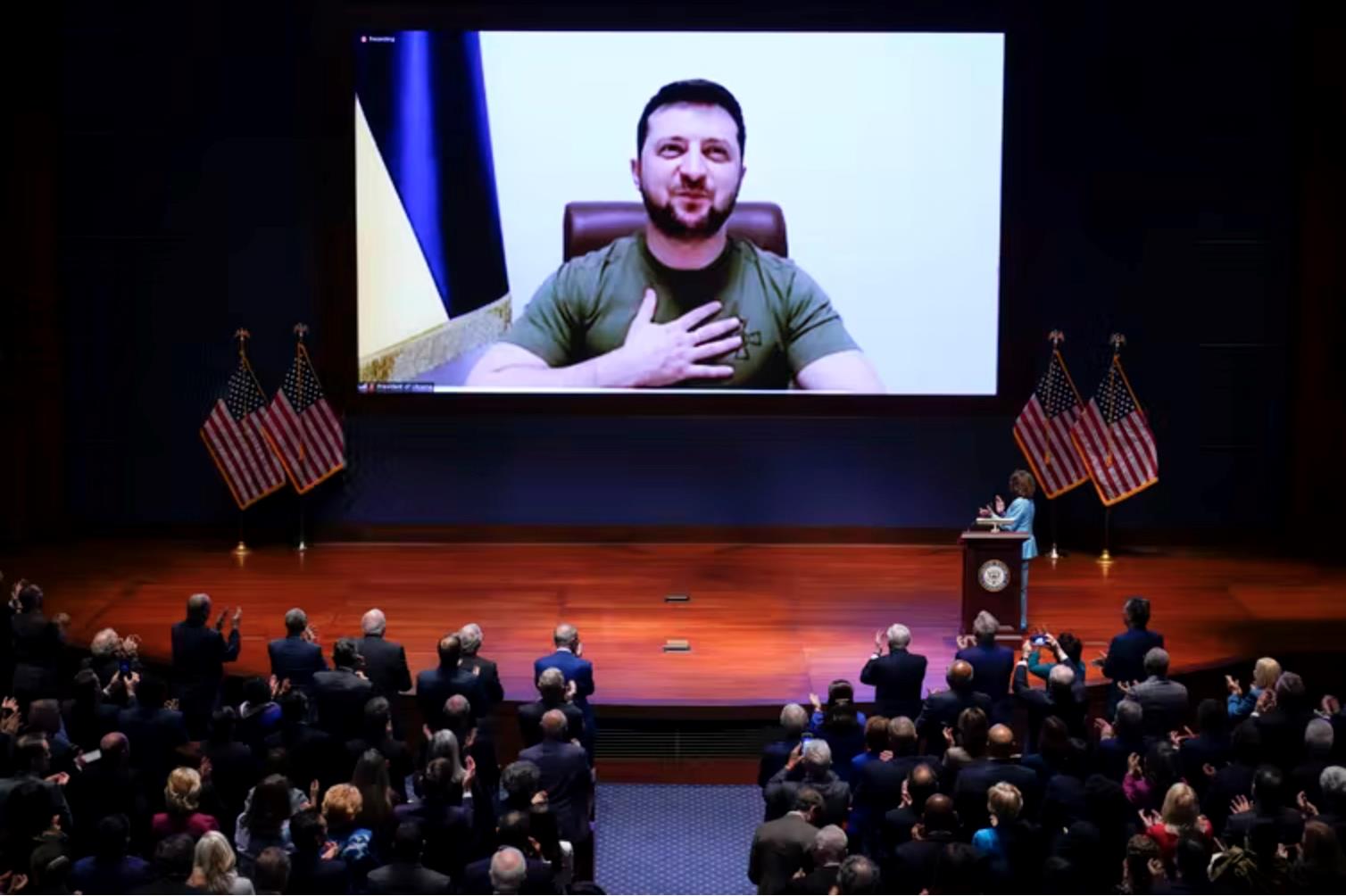(MENAFN- Asia Times)
Some experts see Russia slowly winning in Ukraine. Others such as Britain's chief of its defense staff and armed forces, Sir Tony Radakin, claim that Russia has already lost the war and continues to struggle with land combat effectiveness.
Either way, Russia is consolidating its position in the Donbas and is pausing its main effort to rest, regroup and fortify its ground forces. When Russian forces resume fighting, there are reasons to believe that Russia will annex large parts of eastern and southern Ukraine and even threaten Kiev.
Reading the tea leaves is difficult because some of the weapons provided by the US have helped the Ukrainians stave off defeat.
There are numerous reports that the US HIMARS (High Mobility Artillery Rocket System) delivered to Ukraine, now up to eight units according to the Pentagon , has been highly effective against Russian forces.
Reports indicate the system has taken out at least one Russian command center killing many senior Russian officers and knocked out at least two important ammunition dumps as well as damaged Russian air defense and artillery rocket systems.
At the same time, the Russians have expanded their strike area using the Kalibr 3M-54 cruise missile. Five Russian Kalibr cruise missiles crashed into the town center of Vinnytsia in central Ukraine, killing at least 23 civilians and wounding another 100 or more.
According to the Russians, the attack was against a gathering of the Ukrainian Air Force and foreign weapons suppliers and the Kalibr missiles were reportedly launched from a Russian submarine in the Black Sea. There are no confirming reports as yet of dead senior Ukrainian Air Force officers or foreign contractors.
In the past week, in a surprising move, the US Embassy in Kiev, which was reopened in May, has told all Americans in Ukraine to leave using“privately available ground transportation” as soon as possible and to do so on their own as the embassy is not able to provide assistance. The embassy also warned Americans not to gather in large groups or anywhere they could be targeted.

The US Embassy in Kiev is telling its staff to leave amid apparent fears of a Russian attack. Image: Twitter
The US Embassy notification is quite striking and suggests considerable worry that Russia will target US citizens or even that the US Embassy believes the war is going the wrong way and remaining in any part of Ukraine is gravely dangerous.
Russia has started an extraordinary emergency session of its legislature, the Duma . So far that legislative session has not produced anything definitive about Russia's intentions in the Ukraine war, but it may yet.
The speaker of the Duma, Vyacheslav Volodin, warned that Ukraine could lose its sovereignty if the war continues.
“The refusal of the Kiev regime and their Western masters from peaceful negotiations does not affect the plans and actions of our country in any way. But this refusal directly affects the prospects for preserving Ukrainian statehood as such. In fact, by these actions, the Kiev regime creates the conditions for Ukraine to disappear as a state in the future,” Volodin declared.
It isn't clear if Volodin is just making propaganda for the Russian people or if he reflects a hardening Kremlin view of the end game in Ukraine. Volodin is closely associated with Russian President Putin and is credited with helping to engineer his third election as president and promoting his shift to more conservative, nationalistic policies.
In southern Ukraine, Evgeny Balitsky , head of the occupation administration in Zaporizhzhia, announced that in early autumn a referendum would be held to decide whether the region would become part of Russia. Balitsky did not define“region” but his remarks appear to refer to the southern region under Russian occupation.
The southern area along the Sea of Azov and the Black Sea is now mostly controlled by Russia. If the area is annexed by Russia, it would connect cities stretching from Kherson in the west to Mariupol and across the border to the Russian city of Rostov-on-Don. All these places are linked by the M-14 roadway.
The one major city so far not under Russian control but certainly of considerable Russian interest is Odesa. While there has been some occasional shelling of territory around that city, no major battle has been fought there yet.

Ukrainian soldiers blow their horns in Odesa. Image: Twitter
During the Luhansk and Donbas operations, Russian forces, after taking Mariupol, have only managed a holding operation in the south, focused north of Kherson. But for Russia to annex the area, it would have to push out further, finish taking Zaporizhzhia and force Ukrainian land forces away from Kherson, opening up the possibility of a land attack on Odessa.
Ukraine is trying hard to stop Russian moves in the southern area. The Ukrainian army has ratcheted up strikes on Russian command centers and arms depots, using (among other weapons) the formidable HIMARS.
Areas in and around Kherson have been infiltrated by partisans, some heavily armed. People in these areas heard speaking Russian have been assaulted, with reports some have been killed. If Russia reinforces the region, as seems likely, the Ukrainian army will face a hard time.
According to reports from Ukraine, about 80% of Ukraine's front-line fighters since the start of the war have been killed, wounded or knocked out of action. Press reports say there is little enthusiasm among young people in Ukraine to join the military.
Many have left the country. Replacement soldiers won't have the training and skills of the original fighters. Russia likewise has a serious problem with untrained replacements for the large number of Russian soldiers (up to 30,000) who have been killed in the war.
Assuming the US and NATO continue to encourage President Volodymyr Zelensky to stay in the war and not negotiate with Moscow, the Russians can possibly respond in the following ways.
Russia can continue to consolidate the Luhansk and Donbas (which it has recognized as independent) and even take the next step and annex those areas to Russia. There are two indicators reinforcing possible Russian annexation.
The first has been the Russian administration in those areas“Russifying” government operations, changing the curriculum in schools, introducing Russian currency and making the Russian language primary. The second is that the Russian state is issuing Russian passports to Russian-speaking citizens in these two regions.
A similar pattern is found in the southern areas from Kherson across to Mariupol and beyond under the control of the Russian army.
The problem from Russia's perspective is that calling a halt to military operations once annexation is implemented does not necessarily end the war, get NATO out of Ukraine (as Russia has demanded) or prevent the possible introduction of nuclear weapons in Ukraine in future, something that appears to worry the Russians.
Ending the war would require a political agreement among the parties. The current Ukrainian government, despite pressure from France and Germany, has refused to negotiate with Russia.

Ukrainian President Volodymyr Zelenskyy is introduced to the US Congress by Speaker of the House Nancy Pelosi on March 16, 2022, in Washington, DC. Photo: J Scott Applewhite / Pool / Getty Images / Twitter
In fact, the recent apparently successful discussions in Istanbul hosted by the Turkish government to arbitrate grain deliveries from Ukraine for shipping out of Black Sea ports were handled as a military, not a political meeting.
The Turkish host reinforced this point by appearing at the negotiating session in full uniform. The Russian and Ukrainian representatives came in civilian clothes.
As the need for Russian oil and gas will grow in Europe with the change in weather at the end of the summer, the Europeans may not be able to keep solidarity with the US on Ukraine's future. Should the US continue to back Ukraine and support Zelensky's government's opposition to negotiations, at least some of the Europeans may split from the US and lift sanctions on Russia.
In practice, this means the big European players such as France and Germany would break the NATO consensus. Whether Britain or Poland, the other two important players, keep solidarity with Ukraine is an open question if these events were to unfold.
There isn't any doubt that most European countries are facing challenging economic conditions and even unrest if heating fuel and power are cut or restricted severely in the winter season. The chance that major industries will shut down, or parole their workers, would be particularly damaging.
If Germany and France cut a deal with Russia to keep oil and natural gas flowing, the US will for the most part be out on its own in supporting Ukraine. The Turks have already stopped delivering their highly effective TB-2 Bayraktar drones to Kiev.
Hungary is not supporting NATO's war initiatives. There are clear signals the NATO consensus is unraveling, even as the European Union, out of step with political reality, is trying to tighten sanctions on Russia, which seems to be a sure way to increase Russian hostility and risk European economic security this winter.
If the Russians win sanctions relief from Europe, at least among the big players, Moscow may think it is the right time to attack Kiev.
Follow Stephen Bryen on Twitter at @stevebryen
MENAFN18072022000159011032ID1104544228